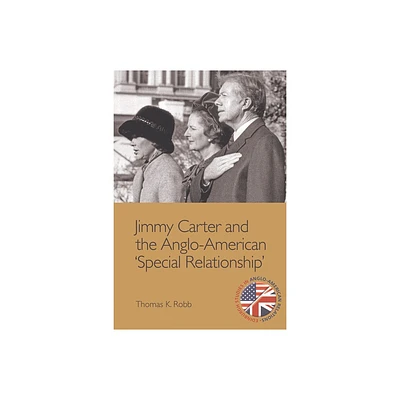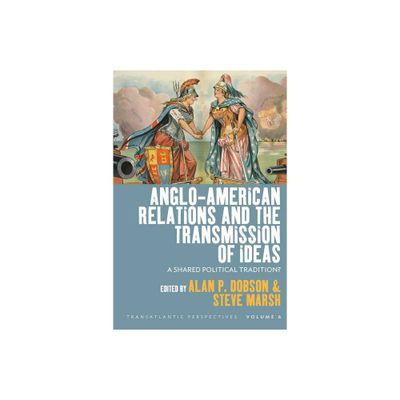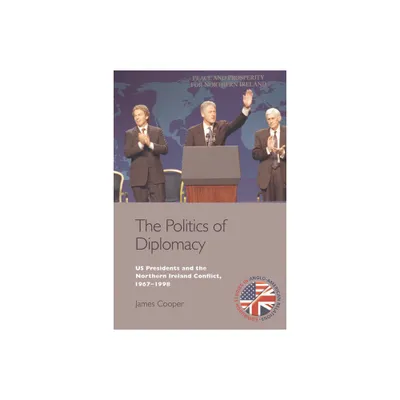Home
A Changing of the Guard: Anglo-american Relations, 1941-1946
Loading Inventory...
Barnes and Noble
A Changing of the Guard: Anglo-american Relations, 1941-1946
Current price: $65.00


Barnes and Noble
A Changing of the Guard: Anglo-american Relations, 1941-1946
Current price: $65.00
Loading Inventory...
Size: OS
*Product Information may vary - to confirm product availability, pricing, and additional information please contact Barnes and Noble
Between 1941 and 1946, in response to the devastation caused by World War II, memories of the Great Depression, and the prospect of Soviet expansion, a group of politicians, diplomats, and economists in the United States and Great Britain sought to repair the ruined economies of Europe and secure economic prosperity for America. Their program, which became known as multilateralism, called for reduced quotas on imports, lowered tariffs, the abandonment of currency exchange controls, and economic decision making by international bodies. Randall Woods explores this attempt to create an interdependent world economy and sets it against the broader political and strategic backdrop of the period.In the United States, multilateralism attracted New Deal liberals because it proposed to help not only the established economic interests but traditionally disadvantaged groups such as farmers and industrial workers as well. Moderate socialists in Britain also lent their support to a liberalized trading system, as did many conservatives on both sides of the Atlantic, believing that the program would preserve some degree of free enterprise in the international economy.Unfortunately for its disciples, Woods argues, multilateralism was so modified by the forces of isolationism and economic nationalismand by bureaucratic politics in the United Statesthat it failed to achieve its economic and strategic goals. The international economy that emerged after World War II was not an equitable partnership and merely finalized the fifty-year process by which the United States supplanted Great Britain as the arbiter of Western Capitalism. In the end, modified multilateralism hampered rather than facilitated the free flow of goods and capital, and it did little to promote social democracy.


















